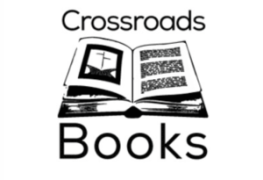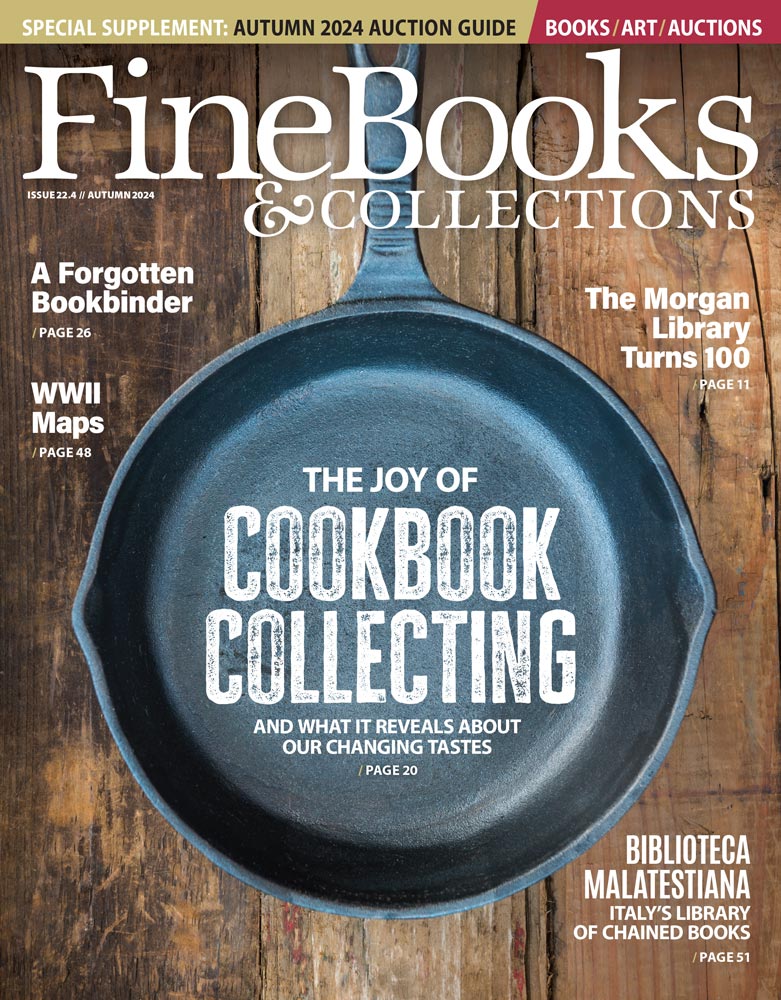New York Public Library Acquires Collection of Rare Virginia Woolf Materials
New York — The New York Public Library has acquired by purchase and gift a collection of rarely seen Virginia Woolf material, including extensive correspondence, rare printed books, and unique material such as photographs, original artwork, and ephemera (including Woolf’s passport).
The collection of 153 items—which was assembled over five decades by William Beekman—will join the Library’s existing Virginia Woolf holdings in the Henry W. and Albert A. Berg Collection of English and American Literature, accessible from the Library’s Stephen A. Schwarzman Building on Fifth Avenue and 42nd Street. With this new acquisition, The New York Public Library holds what is arguably the most complete and important collection of Virginia Woolf material in the world.
The Library’s Berg Collection is currently home to Virginia Woolf’s diaries and notebooks; draft material for all of her works of fiction; nearly 3,000 pieces of incoming and outgoing correspondence, as well as photographs; books; legal documents; and her walking stick. The existing collection, which spans the years 1888 to 1941, numbers nearly 3,700 individual items and began with the acquisition of Woolf’s diaries in 1958, directly from her husband, Leonard Woolf.
“Virginia Woolf’s writings are essential to literary modernism, long one of the core collecting areas—and one of the most frequently accessed—of the Berg Collection at The New York Public Library,” said Andrew W. Mellon Director of the Research Libraries, William Kelly. “The acquisition of the William Beekman Collection of Virginia Woolf and Her Circle adds extraordinary depth to what is already one of the Berg’s strongest collections. With this acquisition, the Library reaffirms its commitment to Virginia Woolf, to literary modernism, to early feminist writing, and to documenting the creative process through incomparably rich collections.”
Highlights of the new acquisition include:
• Extensive correspondence, including a set of eight letters from Virginia Woolf’s husband, Leonard, and sister, Vanessa Bell, to Vita Sackville-West regarding Woolf's disappearance and suicide.
• Showing a different side of the author’s personality, a humorous “proclamation” written on the eve Vanessa Bell’s marriage, which Woolf wrote from the perspectives of three apes—Billy, Bartholomew, Mungo—and a Wombat.
• Remarkable copies of the first editions of Woolf’s books, including Jacob's Room (1922), Mrs. Dalloway (1925), and To the Lighthouse (1927). Each retain the original jacket illustrations designed by Vanessa Bell, and several are inscribed to intimate associates
• Unique items such as Woolf’s passport name card with picture, unpublished poetry by Vita Sackville-West, and books from Woolf’s own library.
• Letters and gift books inscribed to Florence Hardy (widow of Thomas Hardy), David Garnett, Clive Bell, and other prominent members of the Bloomsbury group.
The Beekman collection complements the Library’s holdings, while providing greater breadth and important context for many of the items. This is seen with the addition of the letter from Leonard Woolf to Vita Sackville-West regarding Virginia’s presumed suicide and finding her walking stick floating in the river. The Berg Collection is home to the walking stick.
Adeline Virginia Woolf (1882–1941) was an English novelist, essayist, biographer, and feminist. Woolf was central to the Bloomsbury Group, a coterie of British artists, writers, and intellectuals active in the first half of the twentieth century. In 1917, Woolf founded with her husband, Leonard, the Hogarth Press and published what would become foundational works of Modernism, including T. S. Eliot’s The Waste Land in 1923. She also wrote nine novels, two collections of short stories, a biography, and three book-length essays in addition to other works. She wrote approximately 400 essays and 4,000 letters, and kept a diary for most of her life before committing suicide in 1941.
“I could not be more delighted to see my collection find a permanent home with the marvelous Woolf material already held by The New York Public Library in the Berg Collection,” said collector, William Beekman. “The Berg’s wealth of related holdings and its curatorial resources mean that these books and documents, which have given me so much pleasure, will be available to scholars and the general public to study and enjoy for years to come.”
The collection has been processed and is available for research purposes at the Berg Collection.
















